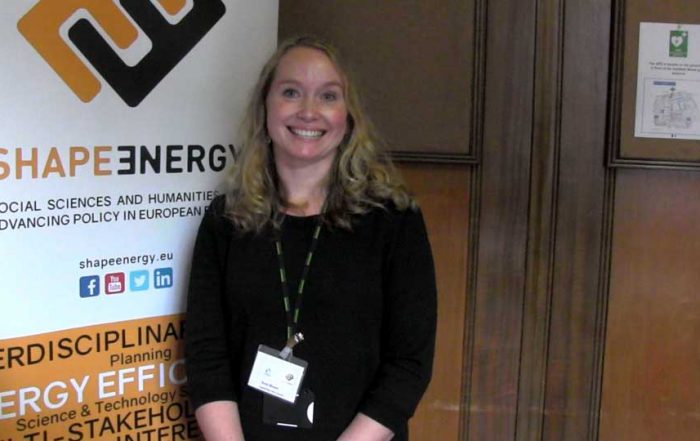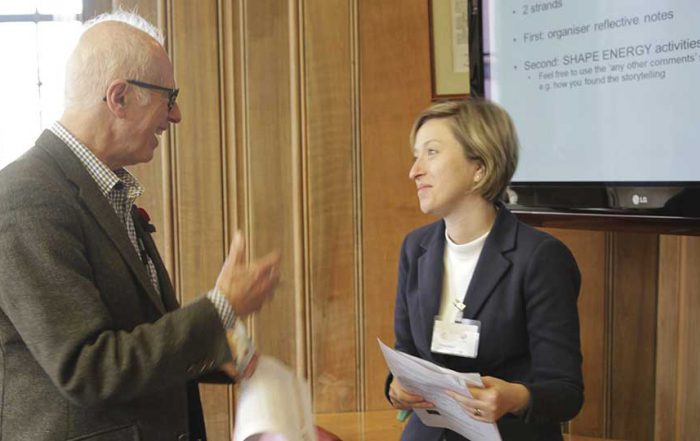
‘Zero carbon Cambridge: achieving low-energy housing via multi-stakeholder collaboration’ a workshop informing both regional and EU-level policy
Date: 14 November 2017
Facilitation: Anglia Ruskin University (ARU)
As part of Cambridge City Council’s Climate Change Strategy for 2016-2021, an aspiration has recently been set for Cambridge to be zero carbon by 2050. To meet this, emissions from the city will need to reduce at an even more rapid rate over the next few decades, requiring key organisations such as local authorities, businesses, universities and colleges, and voluntary / community groups to work more closely together. This reduction in emissions must also be achieved at a time of rapid growth; in Cambridge and South Cambridgeshire, at least 1,700 new homes need to be built every year to meet assessed needs. Considering how both new and existing housing can meet low energy targets will be critical in the Climate Change Strategy’s success.
RELATED POSTS
City workshop in Cambridge: listen to key participants
Together with Cambridge City Council and our project coordinator Anglia Ruskin University, we invited local stakeholders concerned with the future of housing in Cambridge.
Blog: Can Cambridge lead on low-energy housing?
By Rosie Robison, Chris Foulds and Lenke Balint - 28 local stakeholders met in Cambridge for the 2nd SHAPE ENERGY multi-stakeholder workshop.



